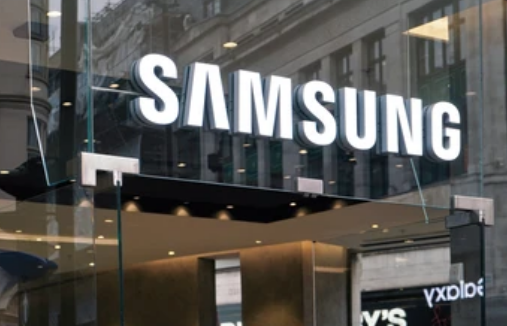
Charlie Brooks
Dec 26, 2022 14:36

A South Korean tabloid claimed late on Sunday that Samsung Electronics (OTC:SSNLF) aims to raise chip manufacturing capacity at its main semiconductor factory in 2019, despite predictions of an economic slowdown.
In response to decreased demand and an oversupply of chips, competing chipmakers have reduced their expenditure.
Analysts have stated that Samsung's (KS:005930) commitment to investment plans will likely assist the company in gaining market share in memory chips and bolster its stock price when demand improves.
Samsung wants to expand its P3 facility in Pyeongtaek, South Korea, by adding 12-inch DRAM memory chip wafer capacity, according to unidentified industry sources cited by the Seoul Economic Daily.
It will also increase the plant's capacity to produce 4-nanometer chips under foundry contracts - that is, according to clients' designs, according to the publication.
This year, P3 began producing cutting-edge NAND flash memory chips, making it the company's largest chip manufacturing plant.
The publication reports that Samsung plans to install at least ten extreme UV equipment next year.
The company refused to comment on the report.
Contrary to the industry-wide propensity to reduce output to fulfill medium- to long-term demand, the company stated in October that it has no intention of reducing chip manufacturing.
Han Jin-man, executive vice president of Samsung's memory unit, stated at the time, "We intend to stick with our initial infrastructure investment plans."
In contrast, memory chip competitor Micron Technology Inc (NASDAQ:MU) said last week that it will reduce its spending in fiscal 2023 from $12 billion in fiscal 2022 to between $7 billion and $7.5 billion. It will also "substantially reduce capital expenditures" in fiscal 2024, the company added.
In October, the Taiwanese chipmaker TSMC reduced its yearly investment budget for 2022 by at least 10 percent and sounded a more negative tone than typical regarding future demand.
Greg Roh, head of research at Hyundai Motor Securities, wrote in a client note on Monday, "The chip industry slowdown will exacerbate the challenges of No. 2 and below chip businesses, while benefiting the market dominance of top companies such as Samsung."

Dec 26, 2022 14:34

Dec 27, 2022 17:16